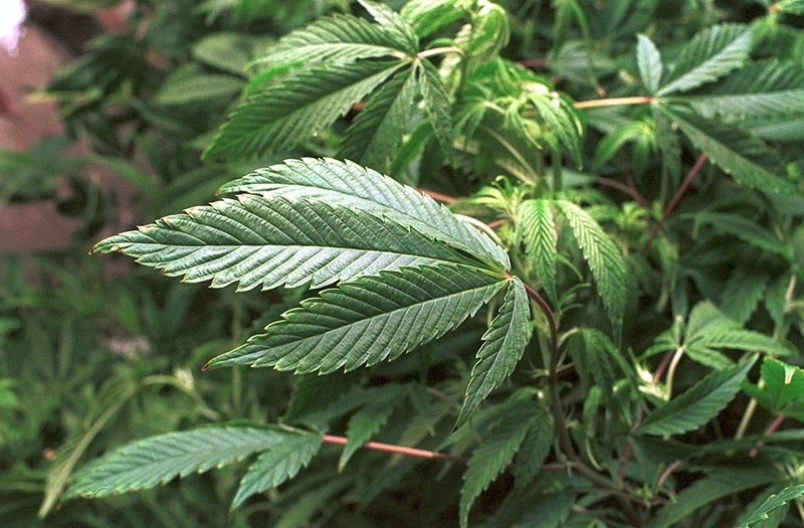The legalization of marijuana will likely keep weed out of the hands of teenagers, speculate workers who typically counsel youth on substance use.
Share Family and Community Services has been providing drug education and counselling for several years in School District 43 and Karen Cleven, director, and Lisa Ackerman, youth substance youth program supervisor, say they agree with the federal government's opinion that pot will be harder to get once it becomes legal.
While kids can go to their friends for pot now, they'll have a harder time getting it from a legal dispensary because they won't have the necessary ID, a situation they face now when trying to purchase alcohol.
"Trying to get proof of age, it becomes more difficult," Cleven speculated.
Still, news that the federal government is moving to legalize marijuana — possibly as soon as July 1, 2018 — has the youth workers thinking hard about what it will mean for Tri-Cities youth.
They say kids they talk with are confused and lack knowledge about the potential dangers of drugs and drug laws.
Each year, Share workers visit classrooms of students between the ages of 13 and 18 with the goal of getting students to talk about what crosses the line to substance abuse. The youths they meet run the gamut from abstainers to occasional experimenters to daily users.
"I would say our biggest focus is to pay attention to what problematic substance user looks like," Ackerman said. "What are the indicators? Who do they talk to [if they do get into trouble]? We want people to be as connected as they can be to adults they can trust."
They also bring up research that suggests frequent marijuana use by youth can lead to greater risks for psychosis and mental health issues.
"It's important that this program has a large health promotion piece to it," added Cleven. "[With] Share's substance use program, we spend a lot of time on health. Part of that is helping parents and other adults understand they need to have strong connection with their kids and an open conversation about what's healthy."
This year, Share's team has made a commitment to be in every Grade 8 classroom and to support teachers in their education around drugs and alcohol.
Legal weed was not the impetus for the initiative but it will definitely be part of the ongoing conversation.



